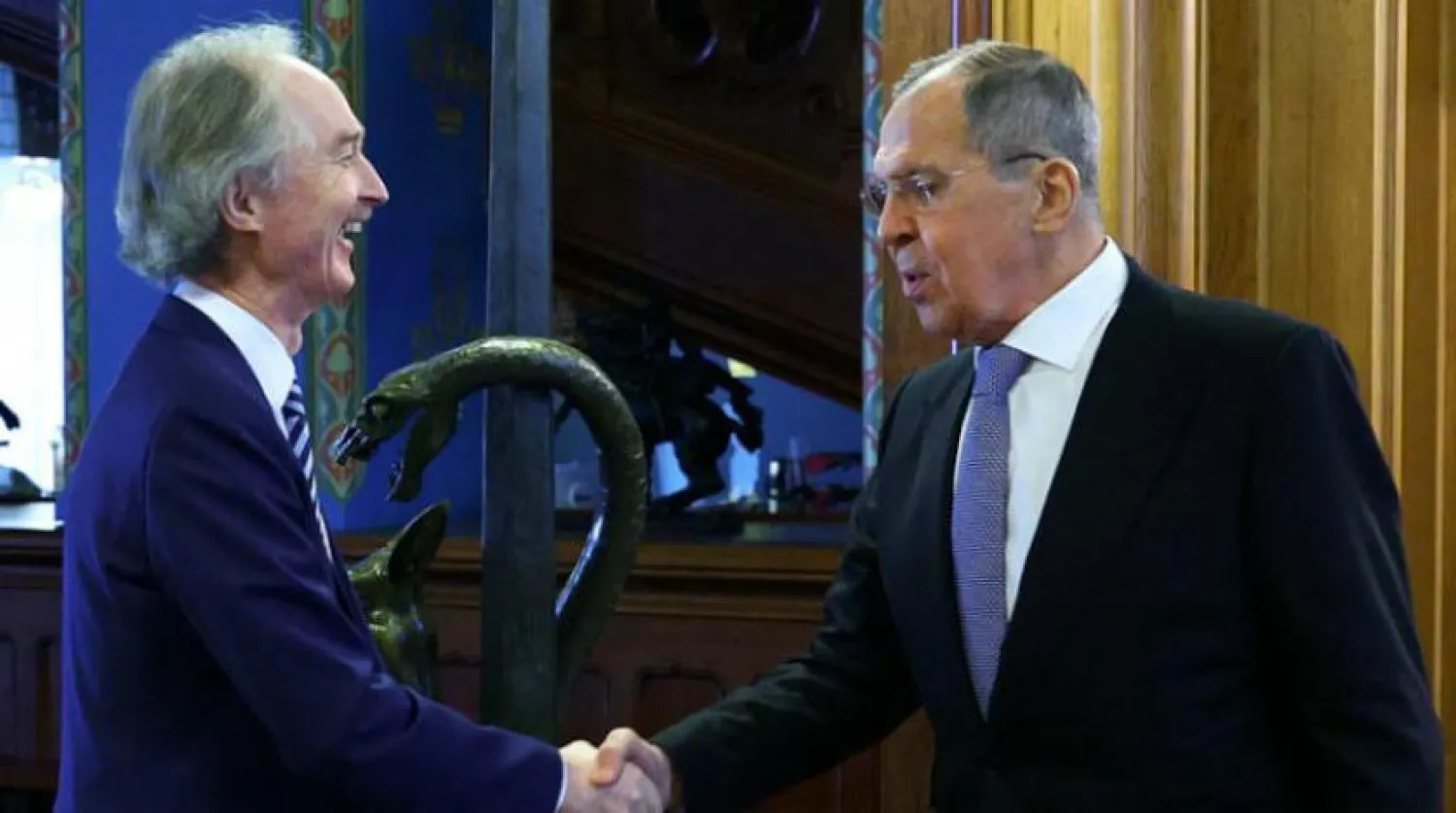After concluding the 15th round of the Astana talks on Syria in Sochi, UN Special Envoy Geir Pedersen is holding military and political talks in Moscow ahead of making a much-anticipated visit to Damascus.
Russian President Vladimir Putin, meanwhile, discussed regional issues including Nagorno-Karabakh, Syria and Libya in a phone call with his Turkish counterpart, Recep Tayyip Erdogan.
Also, Russian Foreign Minister Sergei Lavrov discussed the outcomes of the two-day meetings in Sochi with his Syrian counterpart, Faisal Miqdad.
A statement by the Russian foreign ministry stated that the two ministers exchanged views on developments in the situation in and around Syria, focusing on the results of the Astana meetings and the tasks of promoting a political settlement based on UN Security Council resolution 2254, including the work of the Constitutional Committee.
The ministry indicated that Lavrov affirmed Moscow’s unconditional respect for “the sovereignty, unity and territorial integrity of the Syrian Arab Republic and the legitimate right of Syrians to independently determine the future of their country.”
According to the statement, the two ministers condemned the use of unlawful unilateral sanctions and politicized methods in providing humanitarian aid to Syria, in addition to the continuing “illegal foreign military presence” on its territory.
Moscow and Damascus also expressed their commitment to strengthening bilateral relations, including Russian aid in eliminating terrorism in Syria, restoring the social and economic infrastructure, combating the coronavirus pandemic, and ensuring the return of Syrian refugees to their homeland and displaced persons to their permanent places of residence.
More so, Russian Deputy Defense Minister Alexander Fomin discussed the latest developments in Syria with Pedersen.
“The two sides exchanged points of view on the situation in Syria within the framework of political settlement process and activities of the Constitutional Committee,” said the Russian defense ministry in a statement posted on its website.
The statement added that talks pointed out to the importance of the active participation of the relevant UN bodies to help in the reconstruction process in Syria and create normal living conditions in areas liberated from terrorism.









